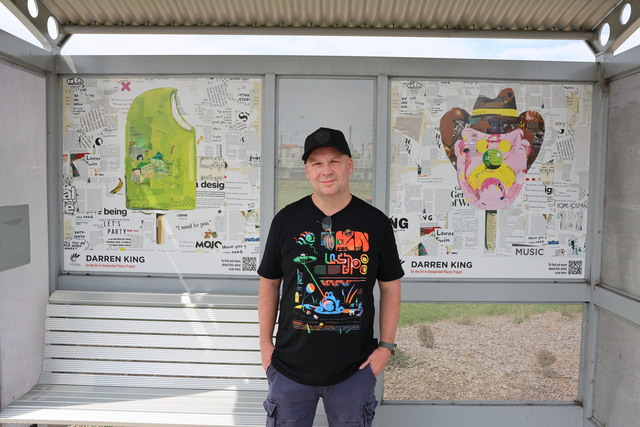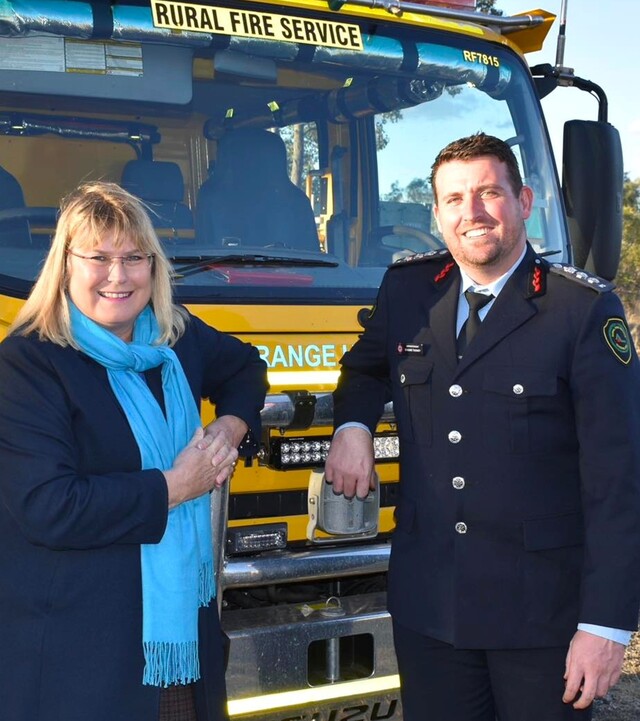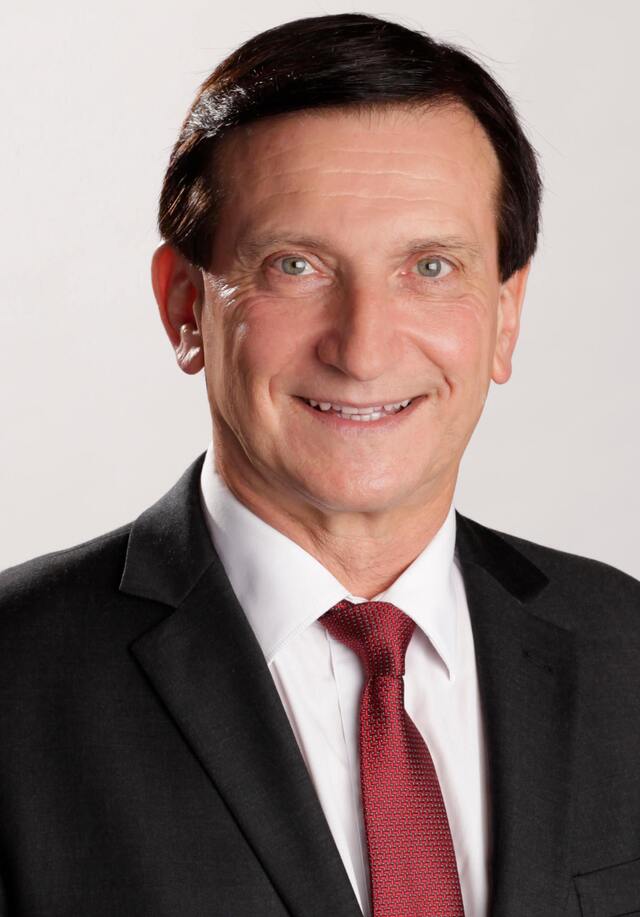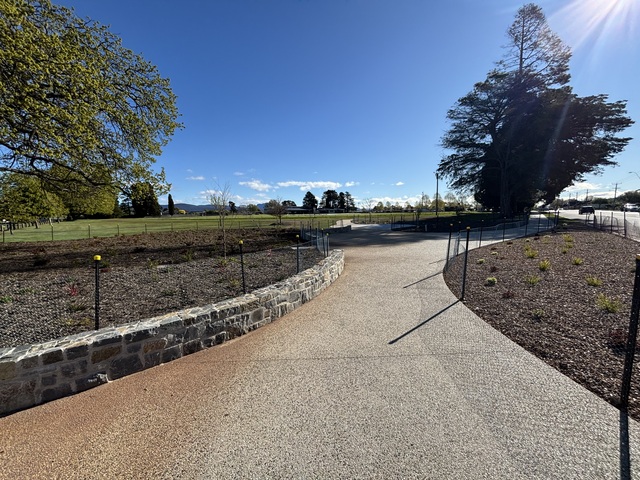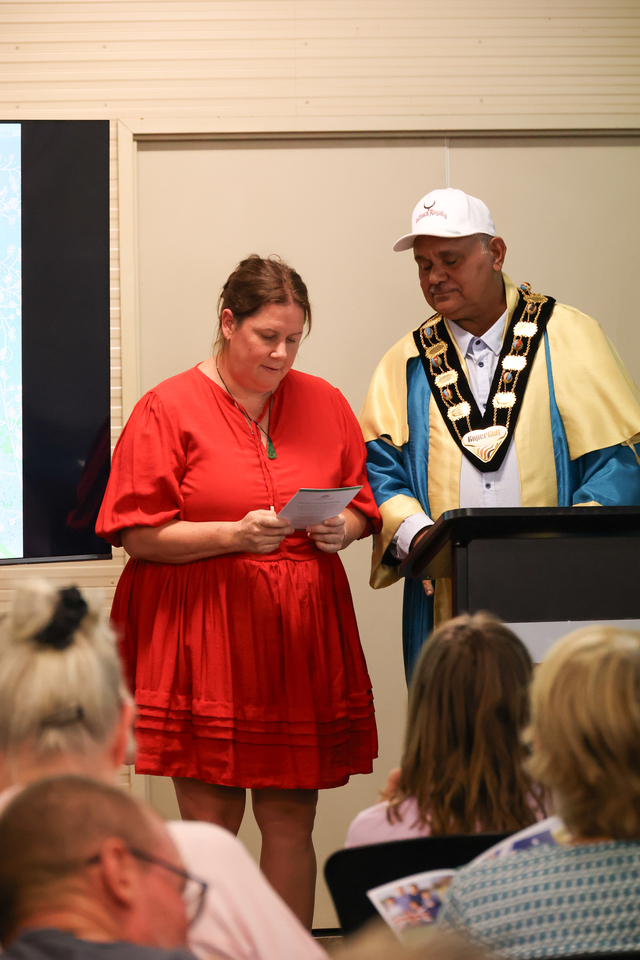In addition to selling technological innovation, Coffs Harbour City Council uses it to achieve major savings.
Good examples are its use of Voice over Internet Protocol (VoIP) technology and the installation of a fibre optic cable network. Between $70,000 to $100,000 has been saved every year by Coffs Harbour City Council’s use of VoIP for its telephone network.
“Up to $70,000 a year is being saved in the cost of line rental alone,” said Stephen Sawtell, Council’s General Manager.
“As well as the savings we make on line rental, we can also save money on the cost of standard calls to some of our sites around the city, as these are now part of the internal network and entirely cost free.
“Similarly, the cost of sending data has been cut and efficiencies are also being made through other aspects of the system such as faster internet connection capabilities and the ability to easily upgrade switchboard technology.”
VoIP is a technology that allows you to make voice calls using a broadband Internet connection instead of a normal analogue phone line. It has the added advantage that, in the event of a disaster, Council can switch its phones via the internet, to any destination so that services can continue to be provided for the city.
Fibre optic
A network of fibre optic cable to link Coffs Harbour City Council and other key sites across the Local Government Area is also helping communications and cutting costs.
The project was planned by Council’s own IT staff while the ever growing network is being laid by specially trained employees from Council’s Recreational Services branch.
So far, 20 kilometres of cable has been put into the ground –
much of it through decommissioned water mains.
“The roll out is being done completely inhouse by Council staff,” said Stephen Sawtell. “They planned the network, laid the conduits for the cable in conjunction with water, sewer and roads infrastructure – identified existing water pipes that were no longer needed – and are now installing the cabling
“Laying cables can be extremely expensive, but we cut those costs by laying the cables in existing pipes or at the same time as we put in other infrastructure. We also use the expertise and skills of Council’s own staff, with a small amount of contracted under boring, to actually carry out the work.”
As well as connecting Council sites, the National Marine Science Centre and the Coffs Harbour Education Campus have also been provided with a one gigabyte cable connection for a small annual revenue.
The cable can also service security cameras which are being placed in carparks, at the airport and at remote Council sites that do not have round the clock staffing and have been vulnerable to vandalism.


